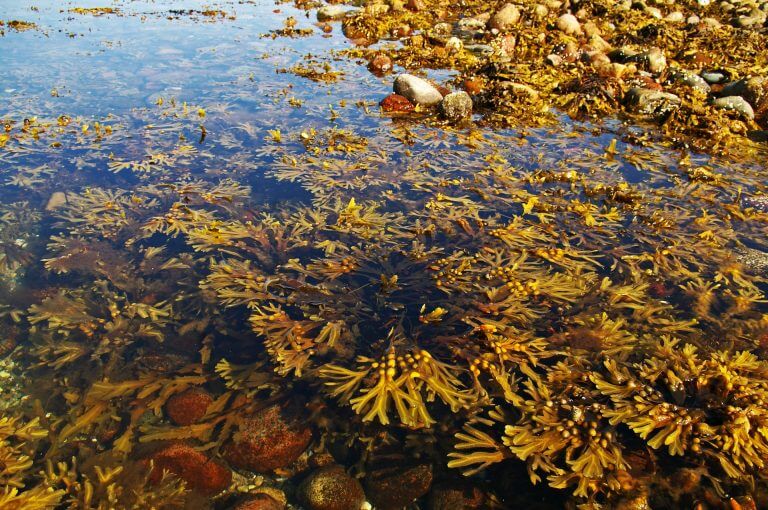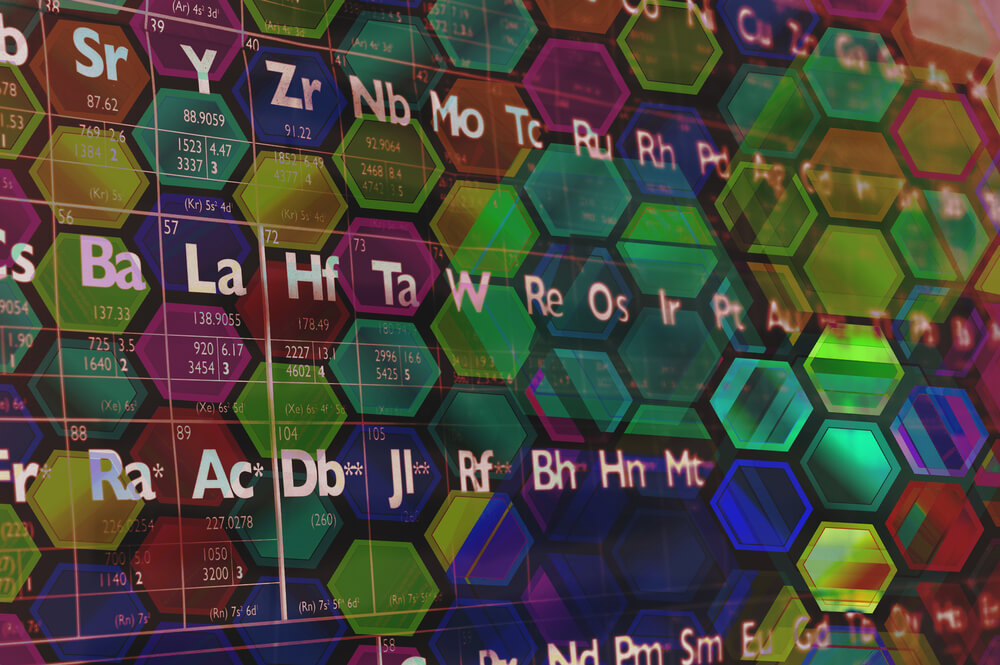Hayadan > chemistry
chemistry
- Tel Aviv University
- February 27, 2024
Researchers have discovered that the original way to speed up chemical processes is to reboot
- Weizmann Institute
- January 27, 2024
An algorithm developed by the institute's scientists heralds a leap forward in the field of humanizing antibodies and may enable the rapid, efficient and cheaper development of new drugs. The key: stability
- Dr. Moshe Nahamani
- January 24, 2024
- 4 תגובות
The idea of capturing carbon dioxide or converting it to other substances in order to combat climate change is not new. However, simply storing carbon dioxide in a certain compound may lead to its leakage into the environment
- Avi Blizovsky
- December 27, 2023
- 20 תגובות
In the new study, evidence for additional sources of chemical energy, much stronger and more diverse than methane production, was discovered: a group of organic compounds was found that were oxidized, and this points to many chemical pathways for the existence of potential life in the subsurface ocean of Enceladus, because oxidation helps to release chemical energy.
- Dr. Moshe Nahamani
- October 31, 2023
- One response
Before the successful synthesis, it was not clear if it was even possible to create such a molecule and keep it stable long enough to study its structure and its electronic properties.
- The Hebrew University
- September 8, 2023
- No comments
The number of wins by male and female Hebrew researchers places the university in first place among universities in Israel in terms of success rate among applications, with an increase of 5.5% compared to last year and it has the highest number of winners
- The Voice of Science website - the Israel National Science Foundation
- May 23, 2023
Researchers have created a metallic sponge that increases light energy and can adsorb substances to it
- Avi Blizovsky
- April 30, 2023
- 4 תגובות
AI-Descartes, a new AI scientist, successfully reproduced a Nobel Prize-winning work using logical reasoning and symbolic regression to find exact equations. The system is effective against real-world data and small data sets, with the future goal being the automation of building scientific theories
- Dr. Moshe Nahamani
- March 24, 2023
- No comments
Researchers from the University of Santiago in Chile, working in the field of machine learning, have succeeded in developing an innovative method for identifying organic compounds based on the refractive index at a single optical wavelength
- Dr. Moshe Nahamani
- March 16, 2023
- 14 תגובות
For the past hundred years, the chemical trichloroethylene [TCE] has been used in decaffeinated coffee, metal cleaners, and dry-cleaned clothes. The substance itself is known to be a carcinogen, it is associated with miscarriages, congenital heart disease and a fivefold increase in the incidence of Parkinson's disease
- Dr. Moshe Nahamani
- May 20, 2022
- No comments
- The Technion
- December 28, 2021
- 3 תגובות
Researchers at the Technion have developed a new method for producing electricity from algae in an efficient and environmentally friendly process. The idea, which was born in the mind of doctoral student Yaniv Schlossberg while swimming in the sea, was developed into a prototype by researchers from three faculties at the Technion with a researcher in "Exploring Seas and Lakes for Israel"
- The Technion
- November 11, 2021
- No comments
Researchers at the Faculty of Materials Science and Engineering at the Technion succeeded in changing the electrical properties of a material by removing an oxygen atom from the original structure. Possible applications: electronic miniaturization and detection of radiation emissions
- Ziv Adaki
- August 5, 2020
- 2 תגובות
- The science service
- August 4, 2020
- 11 תגובות
- Weizmann Institute
- July 1, 2020
- One response
- Science site The Conversation
- March 5, 2020
- 3 תגובות
- Avi Blizovsky
- February 12, 2020
- One response
- Dr. Moshe Nahamani
- December 19, 2019
- No comments
- Dr. Moshe Nahamani
- June 6, 2019
- 6 תגובות
- Dr. Moshe Nahamani
- April 2, 2019
- 2 תגובות
- Dr. Moshe Nahamani
- March 15, 2019
- 4 תגובות
- Dr. Moshe Nahamani
- March 9, 2019
- 3 תגובות
- Dr. Moshe Nahamani
- February 25, 2019
- One response
- Sharon Gal Or
- January 31, 2019
- 4 תגובות

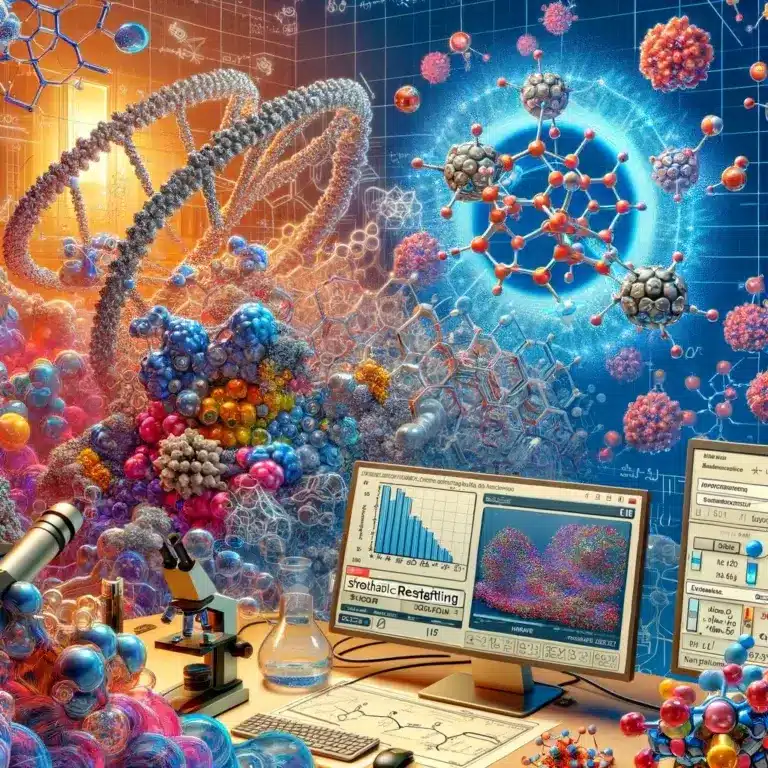
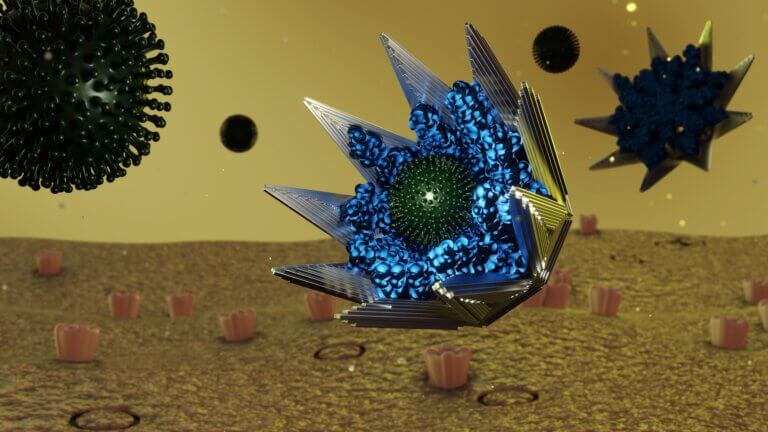
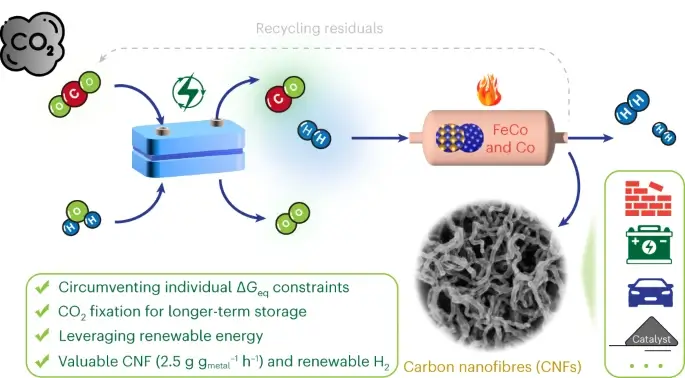

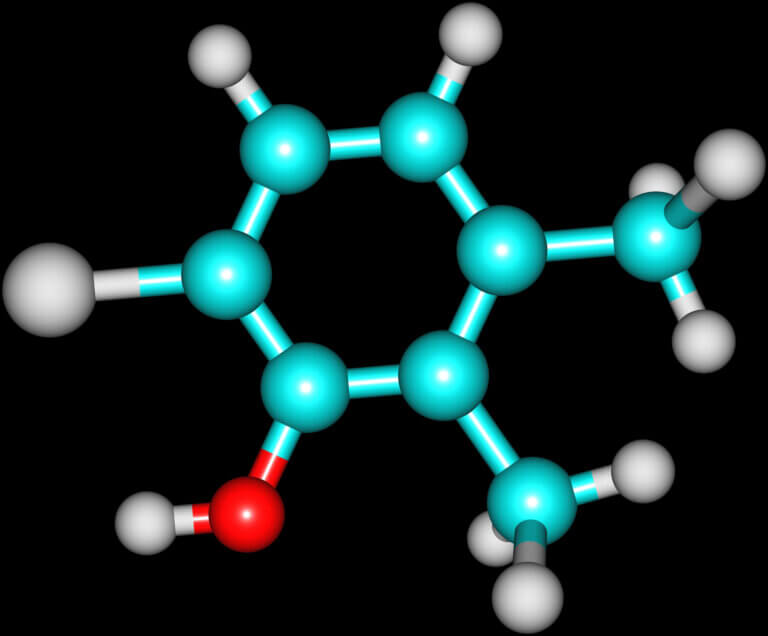
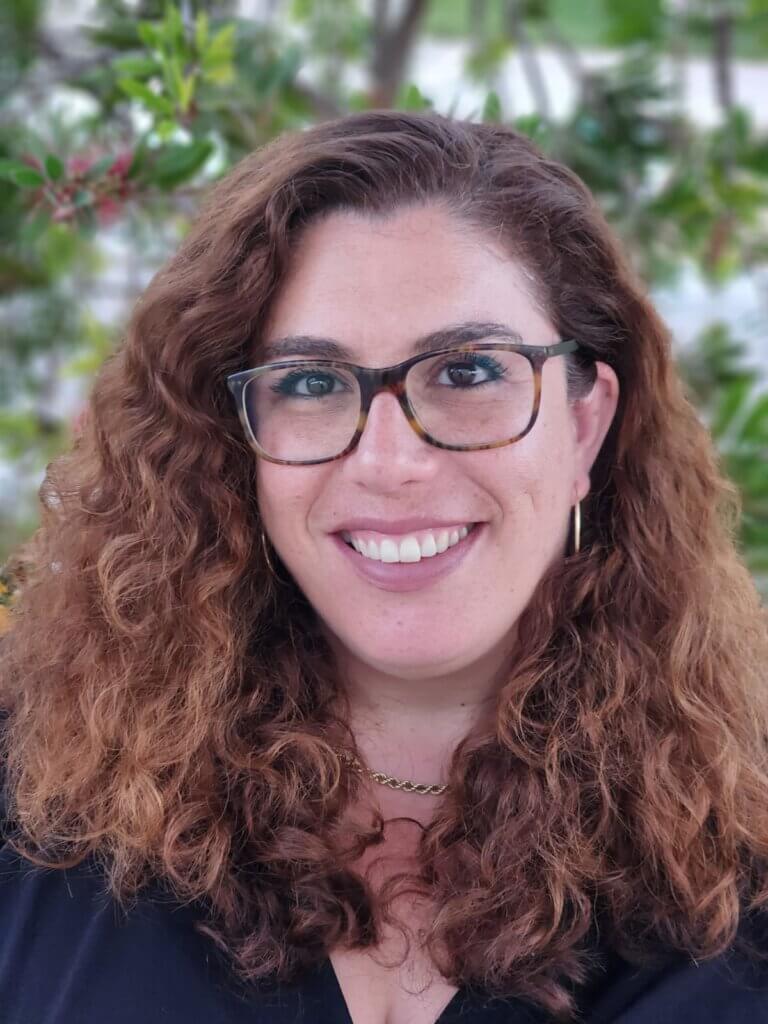


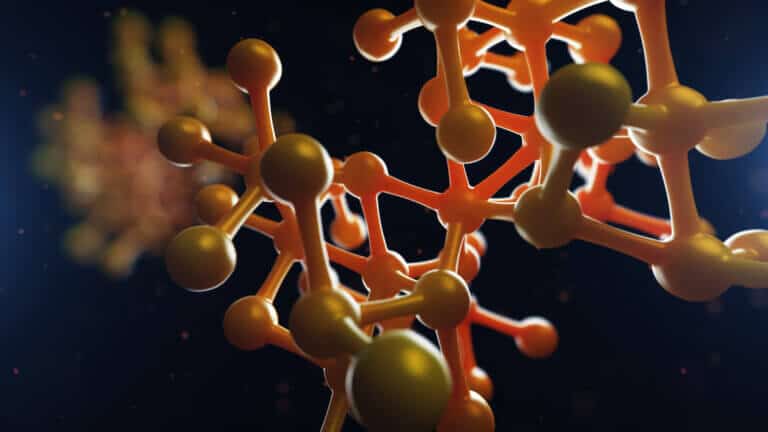
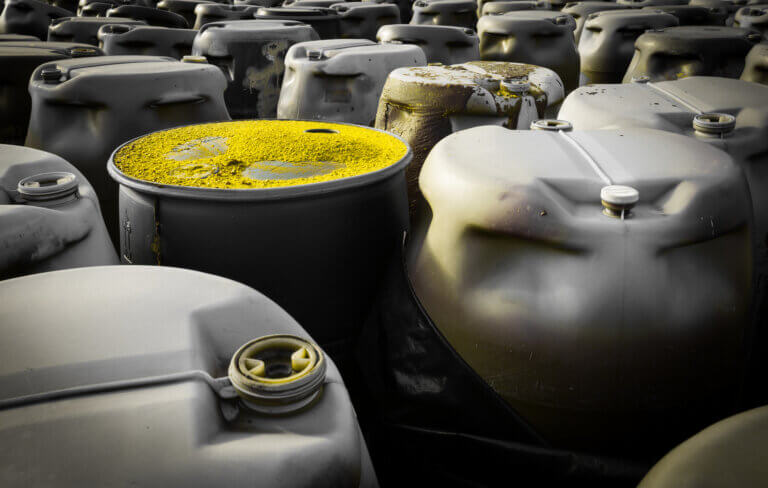
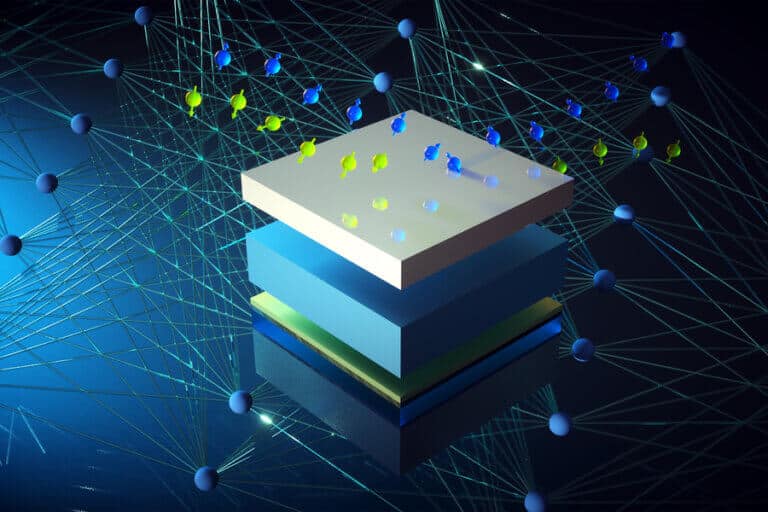
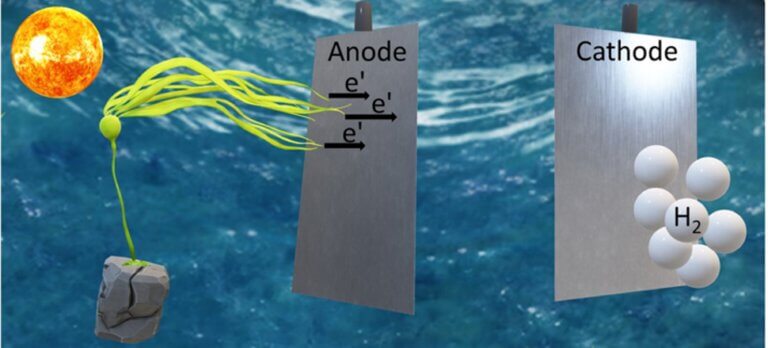
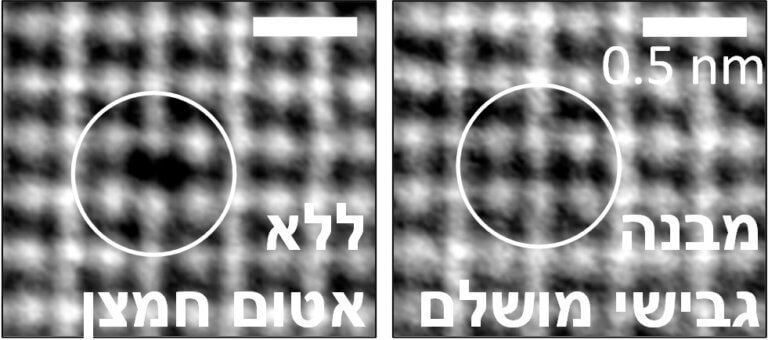

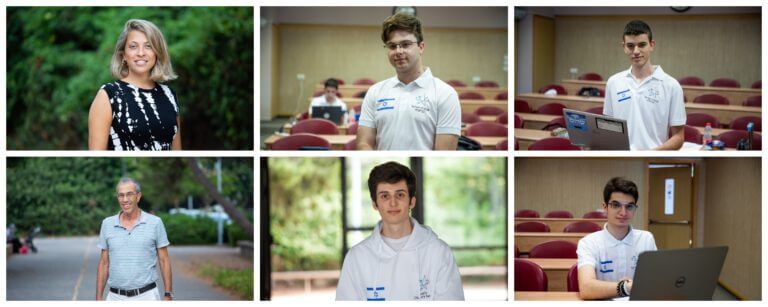
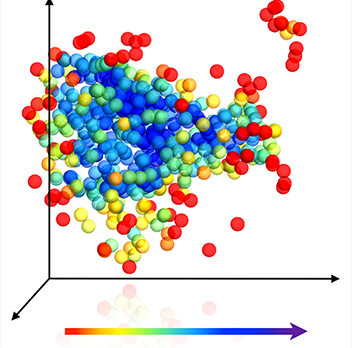
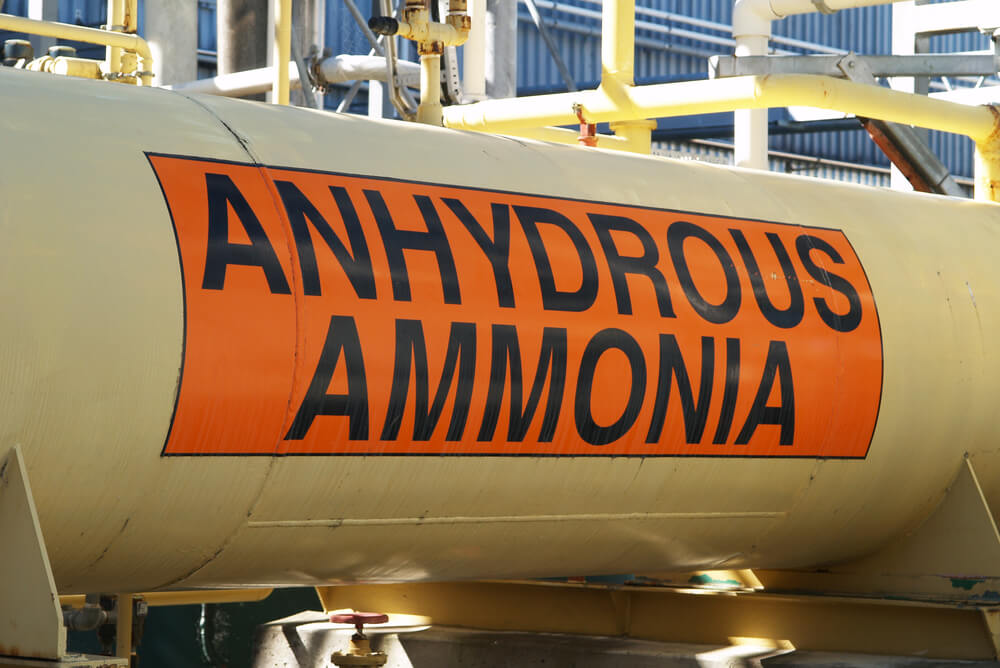

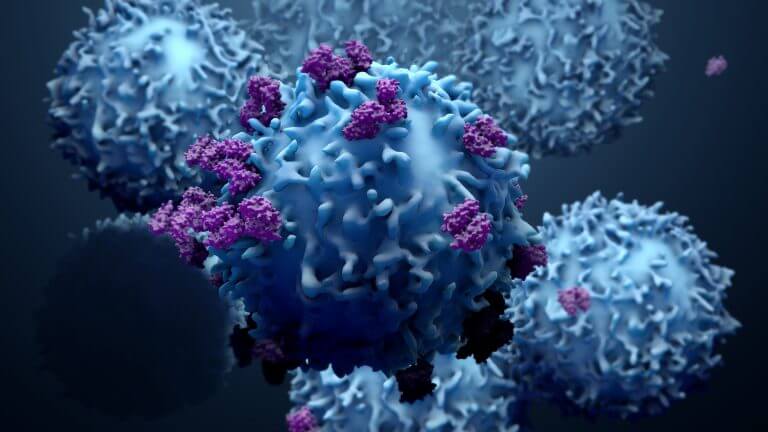
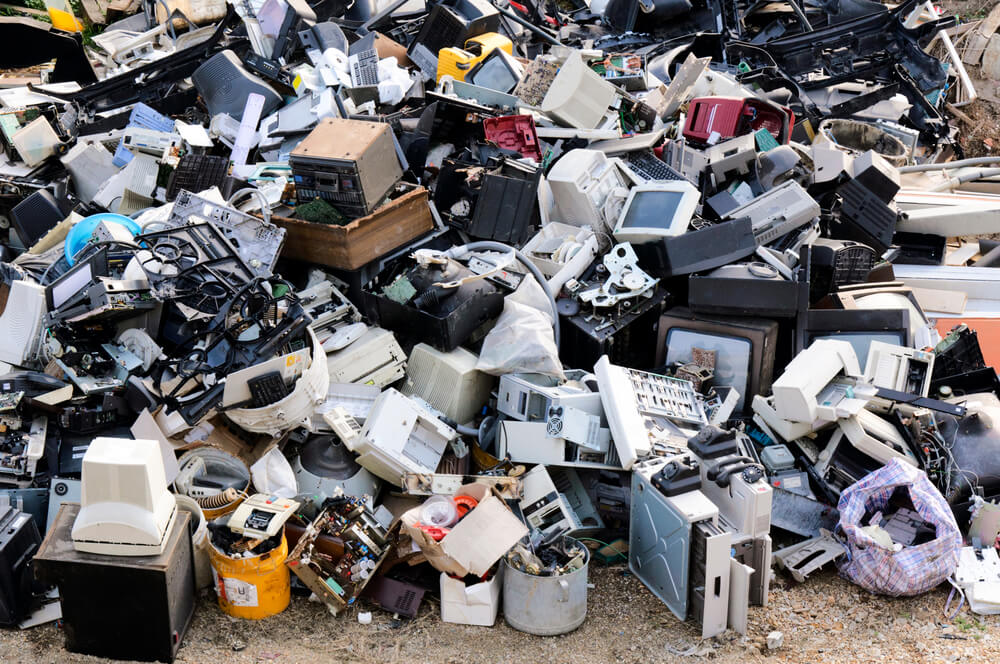
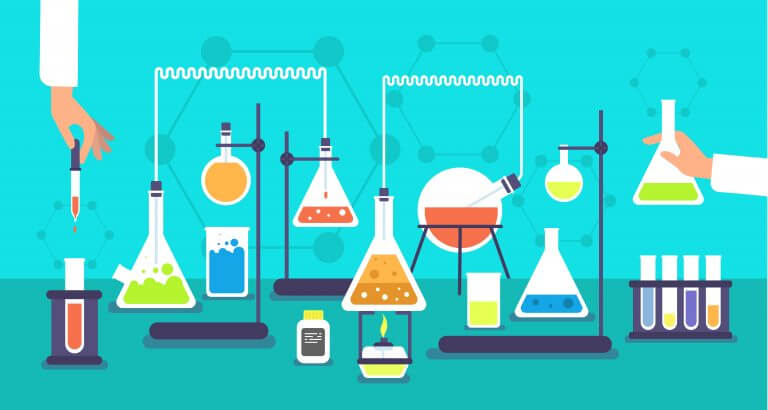
![Oxides of the rare elements gadolinium, praseodymium, cerium, samarium, lanthanum and neodymium [Photo: USDA ARS]](https://www.hayadan.org.il/images/content3/2019/03/RARE-ELEMENTS.jpg)
